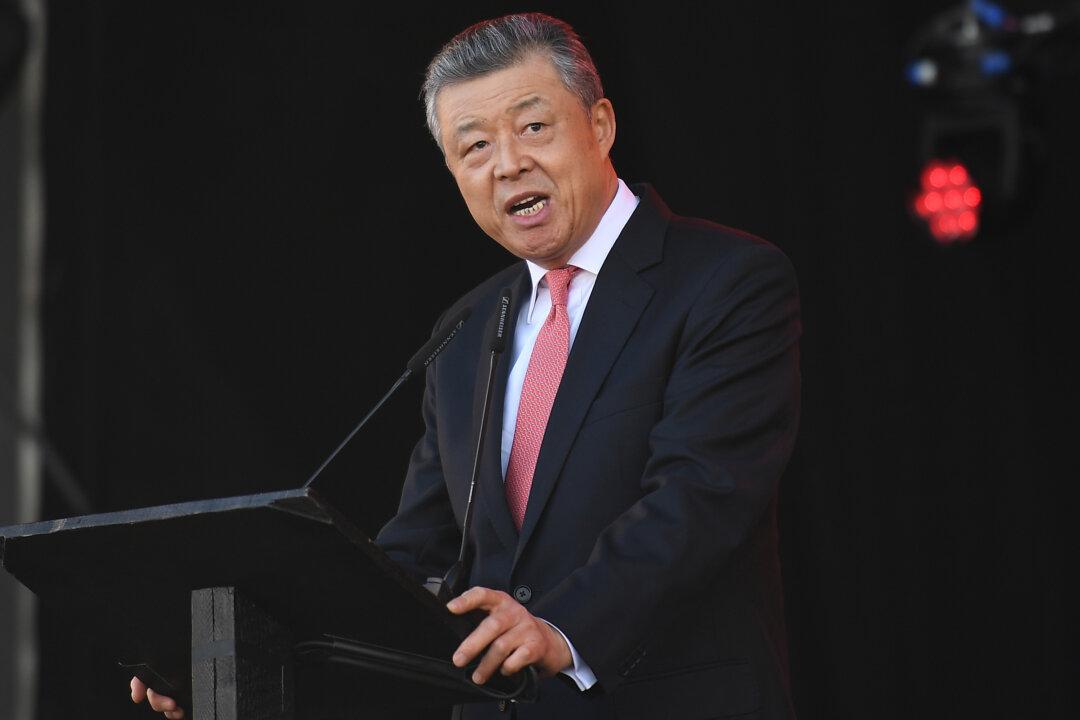A $1.24 billion-valued agreement between a British city and a Chinese manufacturing firm has been canceled after three years of inaction. The broken deal occurs amid chilly diplomatic relations between London and Beijing.
In recent weeks, London officials have expressed support for Hongkongers who have flooded the streets in protest of a controversial extradition bill that they consider an affront to the city’s autonomy—drawing Beijing’s ire.





